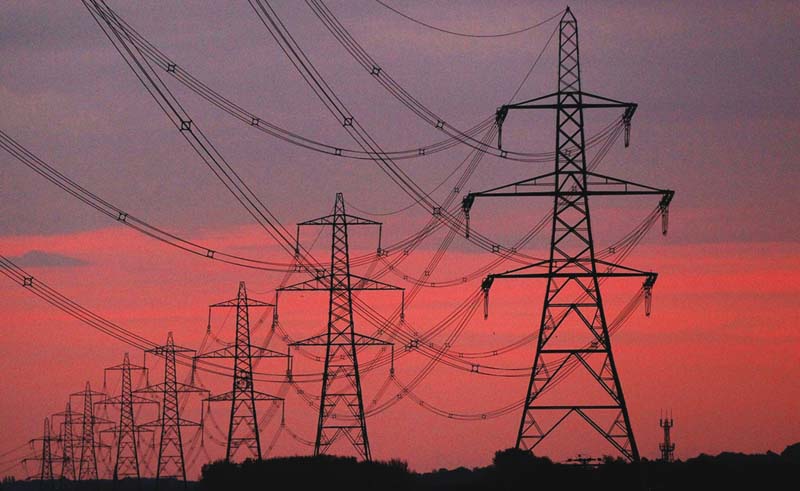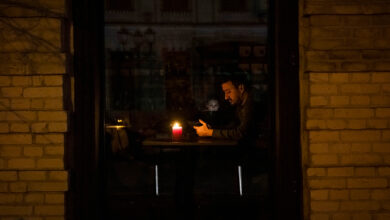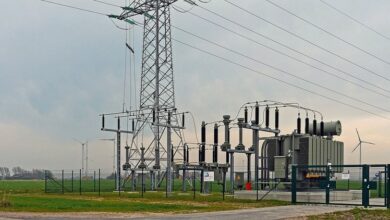Egypt's Supreme Council for Energy said it will proceed with its plan for rationing electricity consumption.
The council, chaired by Prime Minister Ahmed Nazif, said the scheme will continue until Egypt's heatwave is over, but power cuts will not last for more than two hours in regions where there is high consumption of electricity.
Magdy Rady, cabinet spokesperson, yesterday said an extra power capacity of 550 megawatts will be provided to the national power network within two weeks, starting with Nubariya electricity station. Another 700 megawatts will be added before the end of the year.
Rady said the council has approved the construction of a solar energy station at a cost of LE100 million. He also cited the grant of 12 new operation licenses for cement plants in order to meet market demand.
Meanwhile the Ministry of Electricity has announced a “rescue plan” to save the power network and counter electricity cuts. The plan involves the installation of eight medium-sized generation units that will cost around US$150 million and can be put into action immediately, according to Mohamed Awad, head of Egypt’s Electricity Holding Company.
The Electricity Minstry refused to accept blame for power and water cuts suffered by hospitals, saying it is facing a financial deficit of approximately LE7 billion.
At a press conference held yesterday at the ministry’s headquarters, Awad said all electricity stations are operating at top capacity. He dismissed the suggestion of linking small generation units to the main network, saying such units would not produce more than one megawatt. Awad insisted that the main means of dealing with electricity outages is to ration consumption.
Awad added that it was wrong to blame the Electricity Ministry for the problems experienced by other sectors, such as water cuts, as these failures have "nothing to do with electricity," and each sector is legally obliged to secure reserve generators to meet their electricity needs.
Translated from the Arabic Edition.




